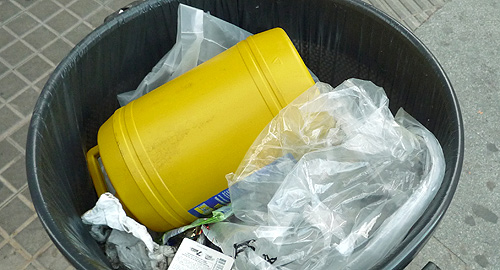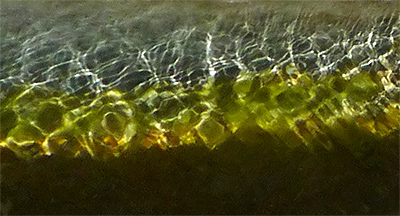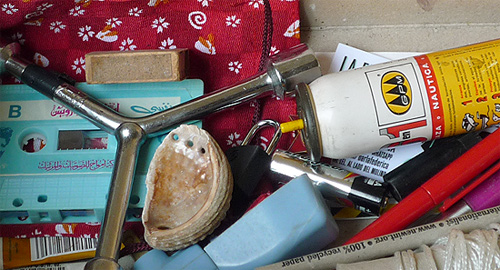1. Rubbish.

Use the words to complete the sentences.
Tip (noun) is a synonym for dump (noun).
We took the garden refuse to the tip.
Garbage and trash are used more frequently in American English where rubbish is used in British English. Also, in American English you put domestic garbage in a garbage can or trash can, whereas in British English you put it in a dustbin or a rubbish bin.
3. Hyphenated words.
Nets that drift are drift-nets. Something that is friendly to the environment is eco-friendly.
Write the hyphenated words that match the descriptions.
4. Water idioms.

Listen to 10 short extracts, all containing idiomatic use of words or phrases.
Put the words and phrases in the order that you hear them.
5. Water idioms.
Can you remember? Type in the missing words to complete the extracts from the previous exercise.
6. Nouns describing statements.
Nature writers' hyperbole led him "to expect too much".
Now match more nouns describing types of statements to their definitions.
8. Binomial pairs.
Match the two parts to complete the sentences containing binomial pairs.
9. Practice: Binomial pairs.
Type in the missing words to complete the sentences from the previous exercise.
